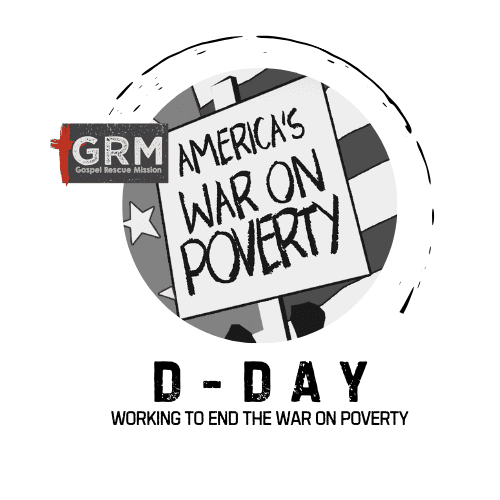The Dangers of Oklahoma’s Prison Funding Model
Oklahoma’s prison system operates on a funding model that incentivizes keeping beds filled, often referred to as “heads in beds.” This model has significant implications for the state’s criminal justice system, the incarcerated individuals, and society at large.
Statistical Evidence of the Dangers
The “heads in beds” funding model creates a perverse incentive to maintain high incarceration rates. Oklahoma has one of the highest incarceration rates in the United States, with approximately 1,079 per 100,000 residents incarcerated. This rate is significantly higher than the national average and reflects the state’s reliance on incarceration as a primary means of addressing crime.
Moreover, the financial burden on taxpayers is substantial. In 2023, Oklahoma spent over $500 million on its prison system. Despite this significant expenditure, the state continues to struggle with issues such as overcrowding, inadequate healthcare, and insufficient rehabilitation programs. These challenges are exacerbated by the funding model, which prioritizes occupancy over the well-being and rehabilitation of inmates.
Personal Stories of Incarceration
Personal stories from those affected by the prison system highlight the human cost of the “heads in beds” model. Consider the story of James, a young man who was incarcerated for a non-violent drug offense. Despite being a first-time offender, James received a lengthy sentence due to mandatory minimum laws. During his time in prison, James struggled with inadequate medical care and limited access to educational programs. Upon release, he found it challenging to reintegrate into society, facing stigma and limited job opportunities.
Similarly, Sarah, a mother of two, was incarcerated for a minor theft offense. Her time in prison was marked by overcrowded conditions and a lack of mental health support. Sarah’s children were placed in foster care, and the family struggled to reunite after her release. These stories underscore the detrimental impact of a system that prioritizes incarceration over rehabilitation and support.
Biblical Insights on Justice and Compassion
The Bible offers profound insights into justice, compassion, and the treatment of the marginalized. In Matthew 25:36, Jesus says, “I was in prison and you came to visit me.” This verse emphasizes the importance of compassion and care for those who are incarcerated. It calls on us to see the humanity in every individual, regardless of their circumstances.
Furthermore, Proverbs 31:8-9 urges us to “Speak up for those who cannot speak for themselves, for the rights of all who are destitute. Speak up and judge fairly; defend the rights of the poor and needy.” This passage highlights the need for advocacy and fair treatment of the marginalized, including those in prison. It challenges us to consider the broader implications of our justice system and to seek reforms that promote fairness and rehabilitation.
The Need for Reform
To address the dangers of the “heads in beds” funding model, it is essential to implement comprehensive reforms. This includes shifting the focus from incarceration to rehabilitation and support services. Evidence-based programs such as drug treatment, mental health counseling, and job training can significantly reduce recidivism rates and promote successful reintegration into society.
For example, a study in Oklahoma found that participants in drug court programs, which emphasize treatment over incarceration, had significantly lower recidivism rates compared to those who were incarcerated. This evidence suggests that alternative approaches can be more effective in addressing the root causes of criminal behavior and reducing the overall prison population.
Conclusion The “heads in beds” funding model in Oklahoma’s prison system presents significant dangers, including high incarceration rates, financial burdens, and detrimental impacts on individuals and families. By drawing on biblical principles of justice and compassion, we can advocate for reforms that prioritize rehabilitation and support over incarceration. It is only through comprehensive reform that we can create a more just and humane criminal justice.


